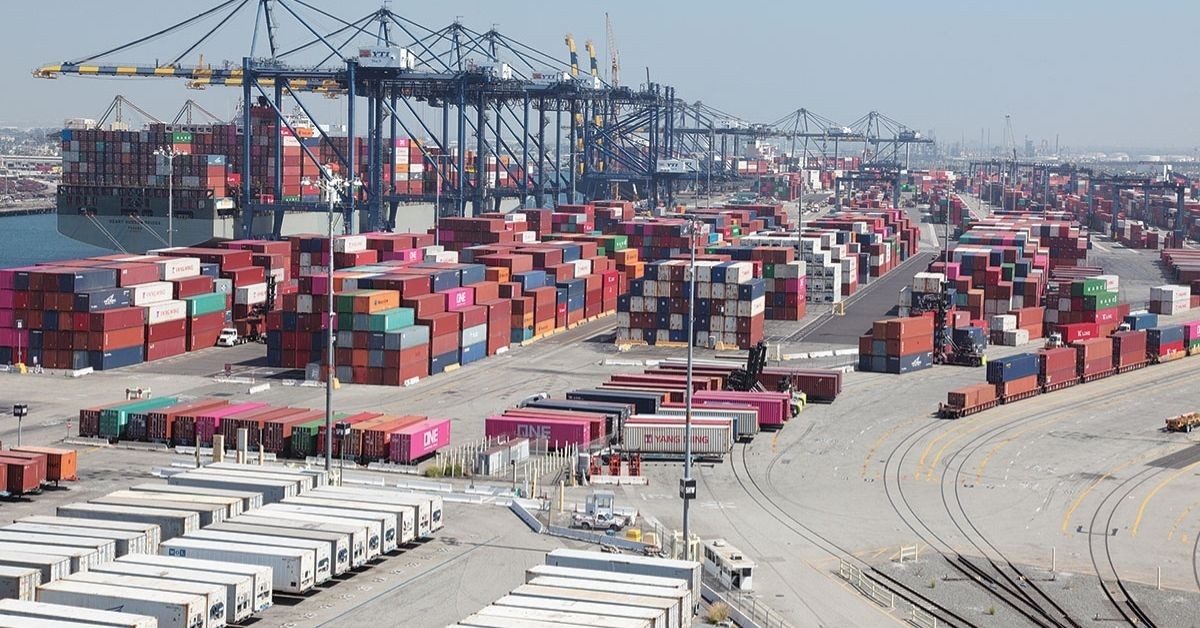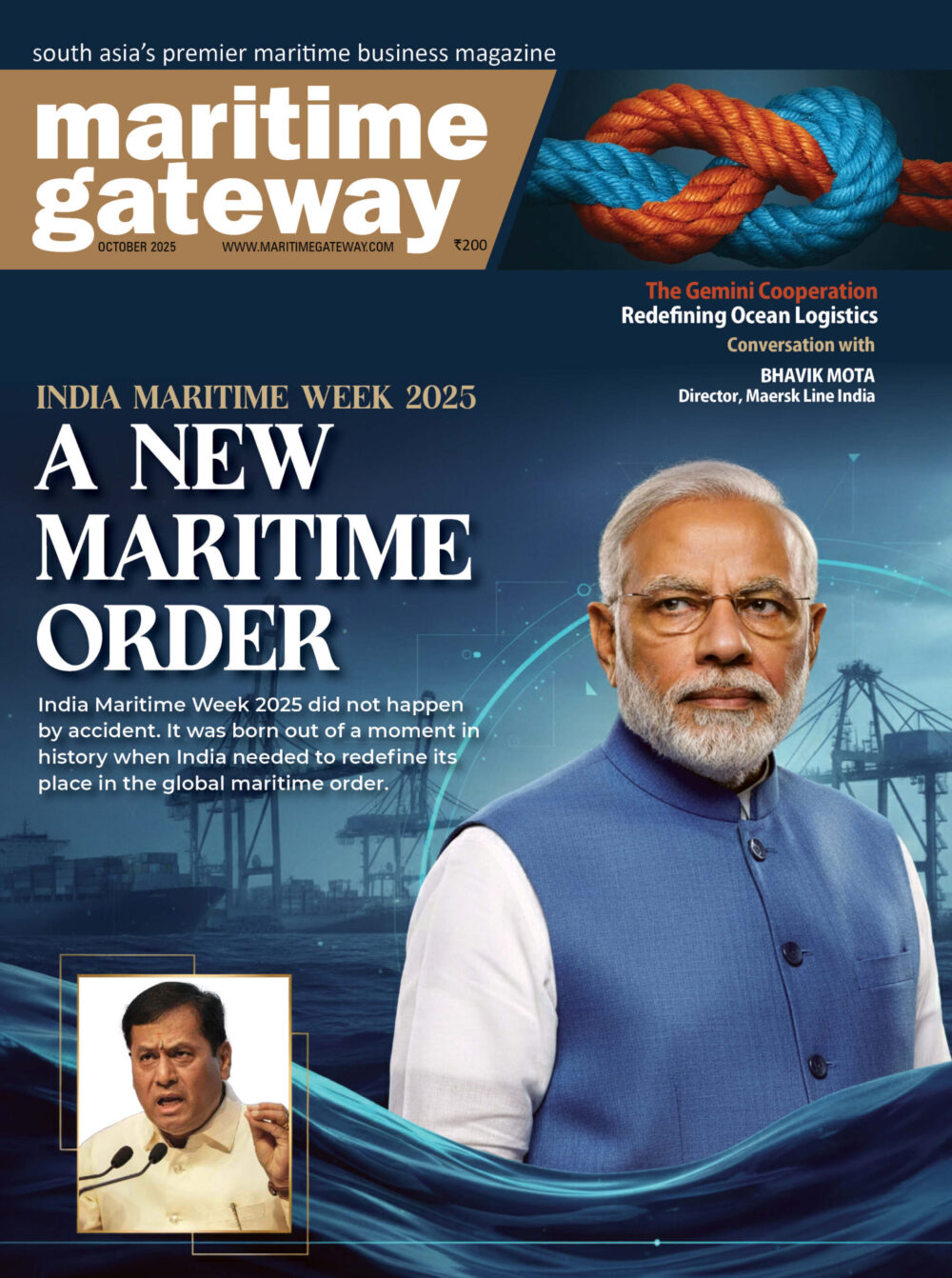Pandemic-induced demand remains high for everything from exercise equipment to home electronics, but U.S. retailers are struggling to get products in from Asia due to continued backlogs at ports, supply chain experts say.
Cargo limitations on steamships, coupled with a lack of available equipment and staff needed to haul products away from port facilities, have created ongoing congestion for large retailers from Costco Wholesale Corp. to Peloton Interactive Inc. A container ship that blocked the Suez Canal, while now freed, has had a ripple effect on the global supply chain system.
“We’re not yet through the backlogs,” said Chris Rogers, supply chain analyst with Panjiva, a business line of S&P Global Market Intelligence. “The port congestion levels are falling, certainly on the West Coast, but they are by no means back to normal.”
The acceleration in online shopping has been a boon for companies such as Amazon.com Inc. and other e-commerce platforms. But consistently high levels of demand led to product shortages and delivery delays throughout much of 2020.
The trend is continuing in 2021 as U.S. February imports for household appliances surged 74.3% versus a year ago, while imports for leisure products, ranging from Peloton bikes to Barbie dolls, grew 61.6%, according to Panjiva. Home furnishing imports jumped 51.2% and home electronics imports grew 43.9%. Textiles and apparel imports increased 12.8% in February versus a year ago. Rogers said demand for imports is likely to remain high in the near term as Americans spend their $1,400 stimulus checks on “stuff” rather than leisure activities.
Meanwhile, the Port of Los Angeles has been working to ease congestion by helping individual companies and freight forwarders push priority cargo through the system faster, including urgent shipments of medical supplies and toy packages during the recent holiday season, said Phillip Sanfield, spokesperson for the Port of Los Angeles.
As of late March, a total of about 26 container ships are waiting to off-load product into the Port of Los Angeles and neighboring Port of Long Beach, Sanfield said. That is not as high as the 35 to 40 container ships waiting at anchor in previous months but is still nowhere near pre-pandemic levels, he said. “Every node of the supply chain continues to be taxed right now,” Sanfield said.
The backup at ports has placed a particularly heavy strain on retailers like Peloton. John Foley, CEO of Peloton, said during a Feb. 4 conference call that strong demand for bikes, coupled with West Coast port delays and COVID-19-related delivery challenges, “have prevented us from returning to our normal order to delivery wait times and unfortunately, forced us to reschedule many deliveries.”
Richard Galanti, CFO of Costco, said in a March 4 second-quarter conference call that container shortages and port issues have caused timing delays on categories including furniture, sporting goods, lawn and garden, as well as food and sundries such as seafood and imported cheeses. Meanwhile, Dollar Tree Inc. CFO Kevin Wampler said in a March 3 conference call that worldwide equipment shortages and port congestion have led to delays and “significant increases in cost of import freight and moderate pressure on domestic freight.”
There does not appear to be an end to the hardships just yet. Demand for imported goods is expected to remain high for the foreseeable future as COVID-19 remains a threat and consumers stay home as opposed to traveling, said Jonathan Gold, the National Retail Federation’s vice president of supply chain and customs policy.
“Our forecast shows that those import levels aren’t really going to drop moving forward,” he said.
To mitigate against further delays, retailers are likely to begin ordering product for the third and fourth quarters much earlier than usual. “They want to make sure they don’t run into issues in the fall and holiday season,” he said.
Source : Sp Global









